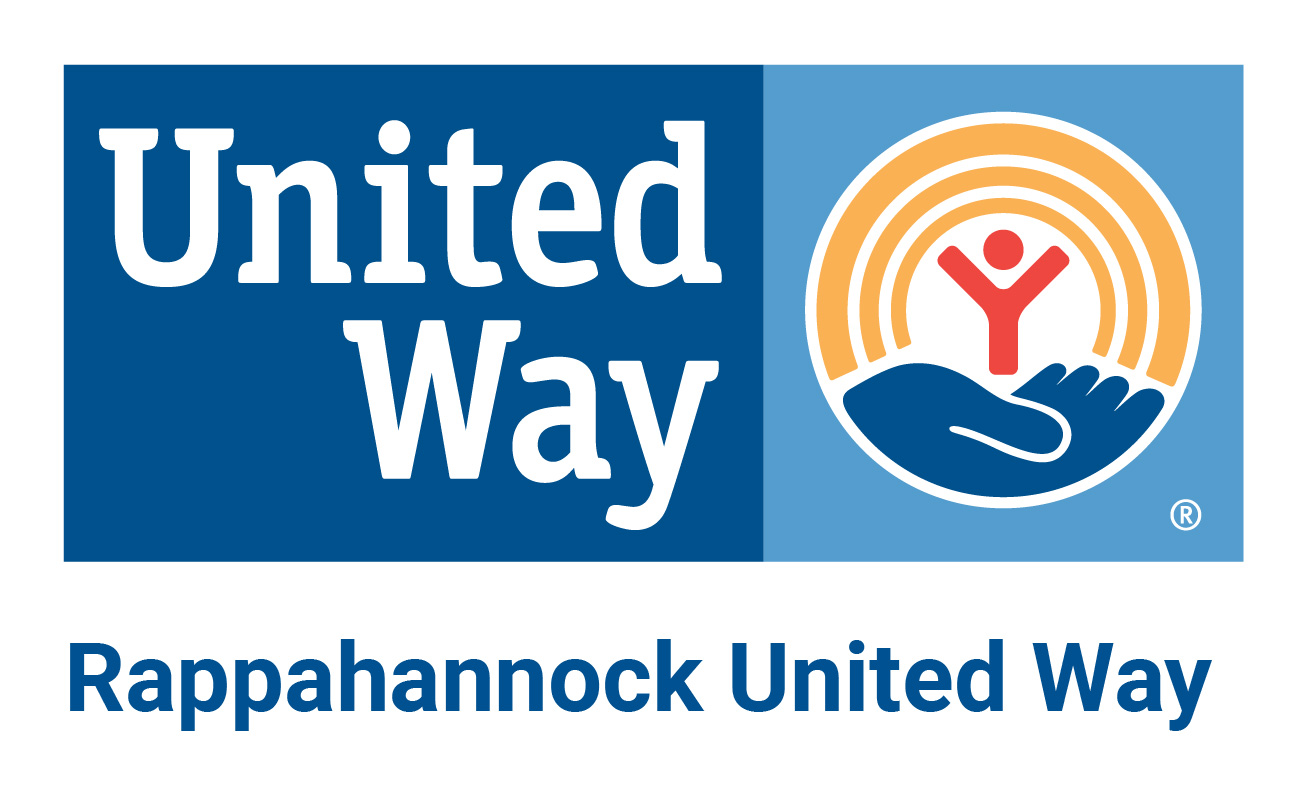By Melody Fowler
This week we begin our series focused on getting through a difficult time when the money is not there. When you have more money going out then you have coming in it is easy to lose hope. The goal of this series is to help you get through the tough times after they have hit. It will not be easy and it will not be fun but you can do it. While the billing departments of all companies demand full payment, it is crucial to understand that not all bills carry equal weight. Bills can be categorized into the following categories Critical, Essential, and Non-Essential.
Critical Bills
Critical bills are those expenses that, if not paid, may result in harmful legal action against you, or may leave you and your family without important utilities. Additionally, critical bills may be for debts in which collateral can be reposed if not paid, such as a house or car. Examples of critical bills may be local, state, and federal taxes, child support, rent or mortgage payments, car loans and insurance, and utilities including water, gas, and electricity. A critical bill is easy to spot, if it is not paid, something will be taken away from you, either your freedoms due to legal action, your property due to repossession, or a service which you need to survive due to utility being disconnected.
Essential Bills
Essential bills are those expenses that, if not paid, may further impact your ability to pay your debts. This category will vary greatly from person to person depending on their occupation. For example, if a person is in a permanent telework status due to the current pandemic, then maintaining phone and internet services would be essential to performing their work, without which this person would risk a loss of income. However, if a person is in the medical field, they may be required to take so many hours of training out of pocket, without which they would risk a loss of income. If not paying a bills hurts your ability to earn income, it’s likely an essential bill.
Non-Essential Bills
Non-essential bills make up the largest category of all bills and are the least important to pay off first. Non-essential bills are those expenses that are neither critical nor essential. Examples may include subscriptions, memberships, streaming services, and online shipping memberships. Credit Cards and other debt may fall into this category. The companies that service these bills do not have physical collateral from which they can take from you. If left unpaid subscriptions and memberships will likely be terminated and the bill will then be sent to a debt collector. For credit card and other bills these are often sent directly to a debt collector. In both cases your credit score will be negatively impacted and you will likely receive many calls from a debt collector seeking payment.
Seeking Help
If you have fallen behind please don’t be afraid to seek help. Given the severity critical bills play in our lives, many organizations can assist with payment plans and deferment options. Additionally, the Rappahannock United Way offers free Financial Coaching and can connect you with other beneficial resources.



